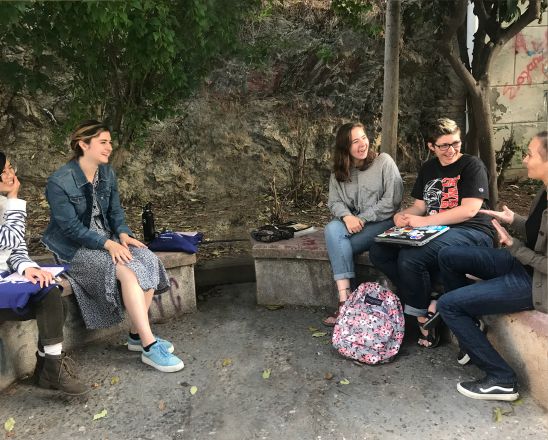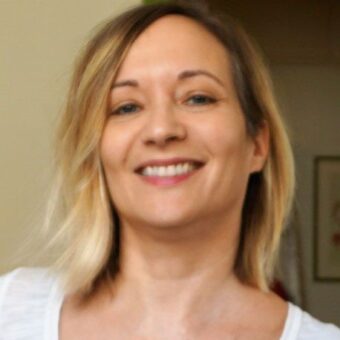
Anthropology of the City: Exploring Modern Athens
![]()
Anthropology of the City: Exploring Modern Athens Course Dates: January 3 to January 21, 2022. An orientation session scheduled for the evening of January 3.
Do a Google image search for Athens, Greece. What do you see? When I did it today, I got a long page of dramatic images of the ancient Acropolis above the city, with a few pictures of recent political protests scattered in between. What is this modern city, the representation of which is dominated (well, at least in the images of the Google-able) by a glorious ancient past? Or, for those who follow international news, perhaps this view is complicated by a knowledge about recent political and economic upheavals over the past decade in Greece’s capital city. Or further, for those who enjoy travel Instagram accounts, maybe you’ve come across an even more recent renaissance in Athens in the local food scene, or street art scene, or emergent hip neighborhoods. Those collectively are the expectations most students, most travelers, are bringing to this city.
How can we come to understand an Athens that contains all these things, but so very much exceeds them? How can we understand Athens from the perspective of a social scientist, getting underneath these surface images and exploring the everyday life of the city, as well as the history that shaped that life, and the practices of Athenians who currently experience it, make it, and transform it? That is the goal of the “Anthropology of the City: Exploring Modern Athens” course: to understand all of the different ways there are to be an Athenian, and to try to wrestle with the impossibility of knowing a place so big, so plural, so dynamic, so difficult, and so wonderful.
This course has a three-pronged approach to exploring Athens. The first is general: we will study the “city” as both a concept and a material reality, and the theories and issues anthropologists bring to the study of the city. The second takes us to the specific: how can we apply those ideas to the city we will be located in, to Athens? The third brings us the tools necessary to collect the data for that exploration: the qualitative methodologies used in the social sciences to study the spaces, people, practices, sounds, tastes, ideas, fields of power, and more that make up everyday life in this incredible city you’ll be making your temporary home.
We will be systematically studying Athens in its material reality, in the experiences it shapes, and in the experiences people shape it with. We will be engaging with how the city intersects with gender and sexuality, inequality, migration, sustainability, consumption, capitalism, politics, activism, state power, housing and homelessness, art, pleasure, and more. This course will require you to be brave and open-minded, in interacting with strangers and new places. You will try new things you end up loving and other new things you end up greatly disliking. By learning to live in and understand another culture, you will also learn more about yourself and your own prejudices and predispositions.
Schedule
This “Anthropology of the City: Exploring Modern Athens” course will meet daily, Monday through Friday. The class includes both classroom sessions and sessions outside exploring different parts of the city. On most days we will begin with one hour in the classroom in the morning, and then head out for a site visit or structured walk (lasting around two hours for walks, and occasionally a bit longer for site visits that we need to travel to). Public transportation will be utilized, but we will walk quite a bit in this course.
Students should plan to arrive by 3:00 p.m. on Monday, January 3. An Orientation session is scheduled for 6:00 p.m. that evening.
Classes begin on Tuesday, January 4. Students will meet in their classroom at CYA at 10:00 a.m.
Final exams will take place on Friday morning, January 21.
Apartments will be available until Saturday noon, January 22.
Housing, Meals, and ground transportation
Students will be residing in CYA student apartments. Apartments will be available from 9:00 a.m. Monday, January 3, to 12:00 noon Saturday, January 22. Sheets, blankets, towels, pillows and pillowcases will be provided.
Please note that no meals will be provided.
Occasional use of public transportation within the city of Athens which may be necessary for the course’s walks and visits is NOT included in the course fee. However, students will be assisted by their instructor in learning how to purchase transportation tickets on the first opportunity. Ticket prices start from 1.40 Euros for 90 minutes round trip and are less expensive if purchased in bundles of 10.



